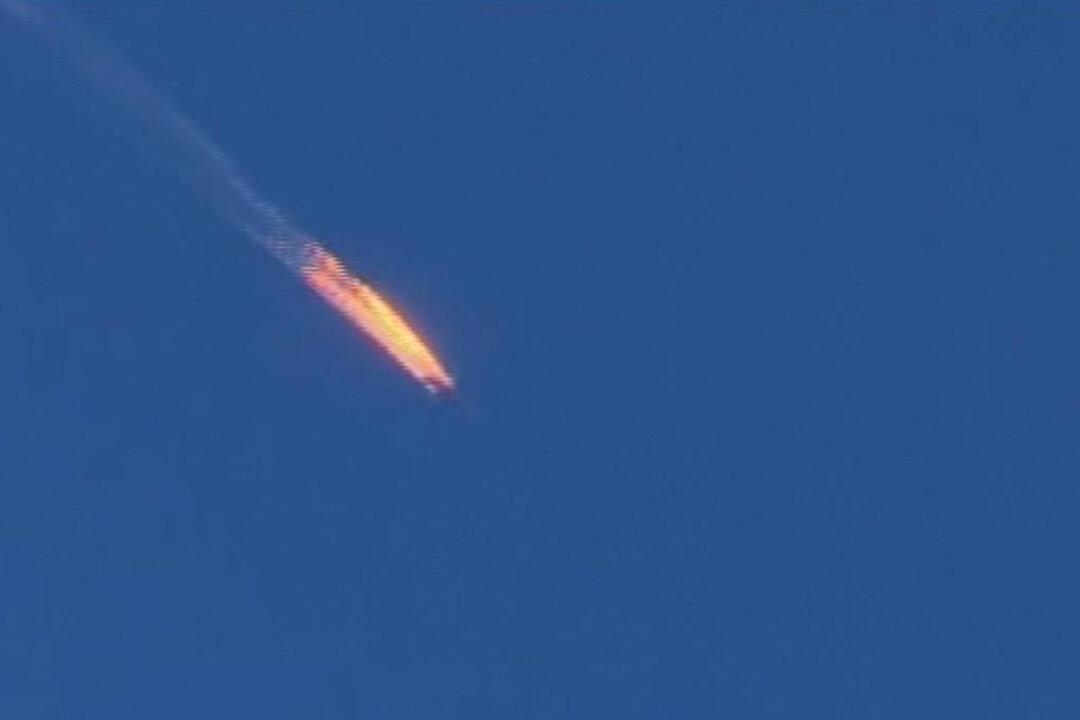The Russian prime minister said that Russia had grounds to go to war after Turkey shot down a Russian plane last month.
“What did 20th-century countries used to do in a similar situation? A war began,” Dmitry Medvedev said on the ‘Talk to the Prime Minister” TV program, according to state-affiliated Russia Today.
Medvedev said Turkey “violated the norms of the international law,” giving Russia ample grounds to go to war if that’s the route the country’s top officials wanted to take.
But they didn’t, so no war was fought.
“That was a direct assault on a foreign state. In the present situation a war is the worst what could happen. That’s why a decision was taken not to give a symmetrical answer to what the Turks had done,” the PM explained.
However, Russia had to do something to punish Turkey for the action.
“Yet we had to make them understand they’re going to hold responsibility for their actions. Exactly for that reason and for the safety of our citizens the relevant decisions were taken,” Medvedev said regarding sanctions Russia has introduced against Turkey.






